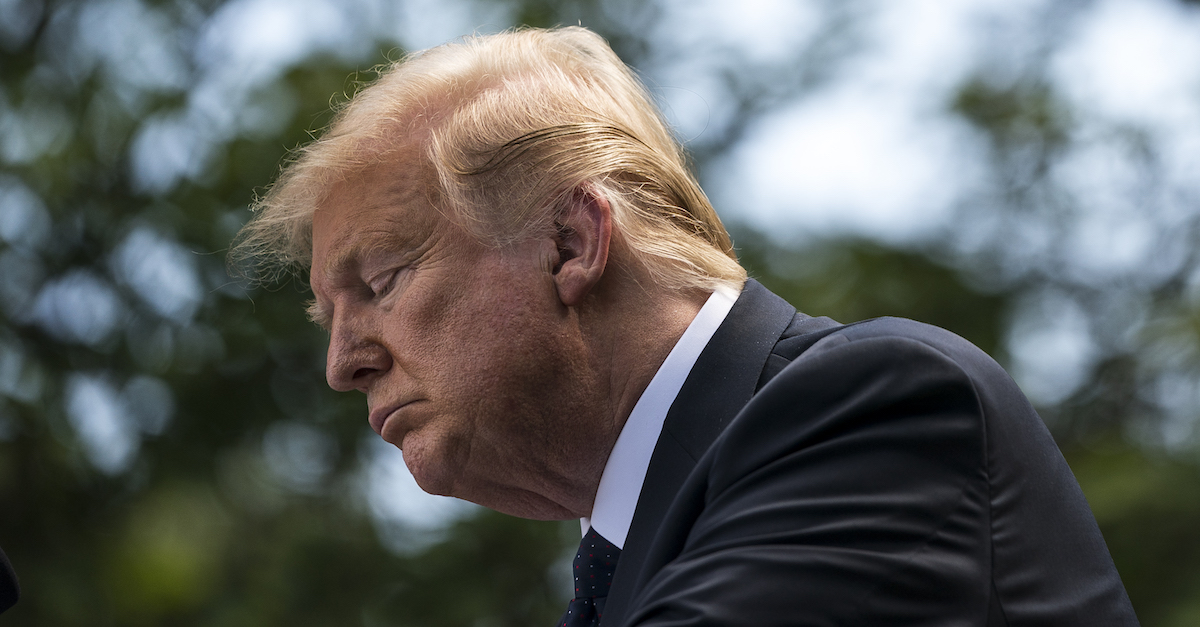
The Trump administration on Tuesday agreed to rescind its controversial new policy that would have stripped visas from international students who attend U.S. colleges and universities offering only online courses for the fall semester. The decision was a clear short-term win for the numerous institutions, states, and advocacy groups that filed legal challenges to the policy, but legal experts warned that measure was uncharacteristically abandoned without much of a fight by an administration that typically takes a hardline approach on contentious immigration issues.
In March, the administration initially issued an exemption to student visa rules that normally require holders to attend most of their classes in person. The exemption permitted foreign students to telecommute to their classes while maintaining their visa status “for the duration of the emergency.”
But on July 6, the Immigration and Customs Enforcement (ICE) agency reversed that guidance, throwing thousands of students and universities into chaos. The policy also sparked an immediate lawsuit from Harvard University and the Massachusetts Institute of Technology (MIT) alleging that the rule was defective as an abuse of discretion and a violation of the Administrative Procedure Act (APA).
A similar line of attack was taken by a bloc of 18 state attorneys general in a lawsuit filed Monday.
“ICE’s reversal is senseless and cruel to our universities and students,” the AGs wrote. “It also violates the [APA] by failing to offer any reason for the dramatic policy reversal, neglecting to consider the myriad ways in which the colleges, universities, and students relied on the previous policy, disregarding our country’s ongoing— indeed worsening—public health emergency, and imposing an effective date that makes compliance all but impossible.”
The administration’s decision to simply revert back to the March guidance without any direction from the court came during a Tuesday hearing in Harvard and MIT’s request for an injunction against the rule. Law professors Steve Vladeck and Marty Lederman were both quick to express skepticism about the move, comparing it to the administration’s first attempt at the Muslim travel ban.
After a federal court blocked the first iteration of President Donald Trump’s travel ban in Jan. 2017, holding that it likely violated the Due Process and Equal Protection rights of petitioners, the administration introduced two subsequent bans more narrowly tailored to pass judicial review.
The administration’s sudden reversal elicited a similar skepticism from University of Michigan law professor Dan Deacon and attorney Gabriel Malor.
“Reminder: This could just mean the government will put out a new rule that is better reasoned and harder to challenge. And doing it this way makes clear that such a new rule would stand on its own (unlike in DACA),” Deacon noted.
[image via Drew Angerer/Getty Images]